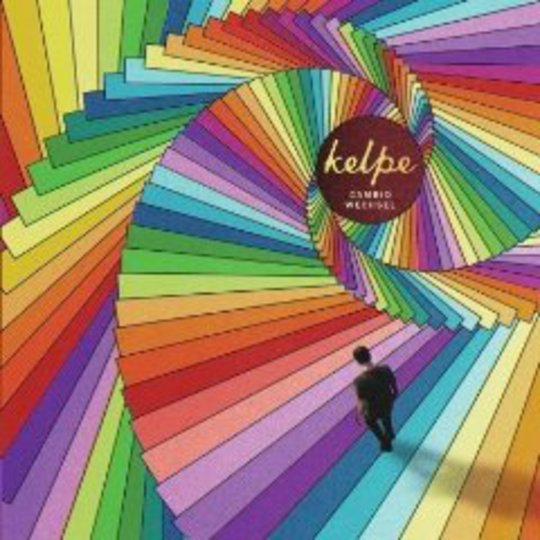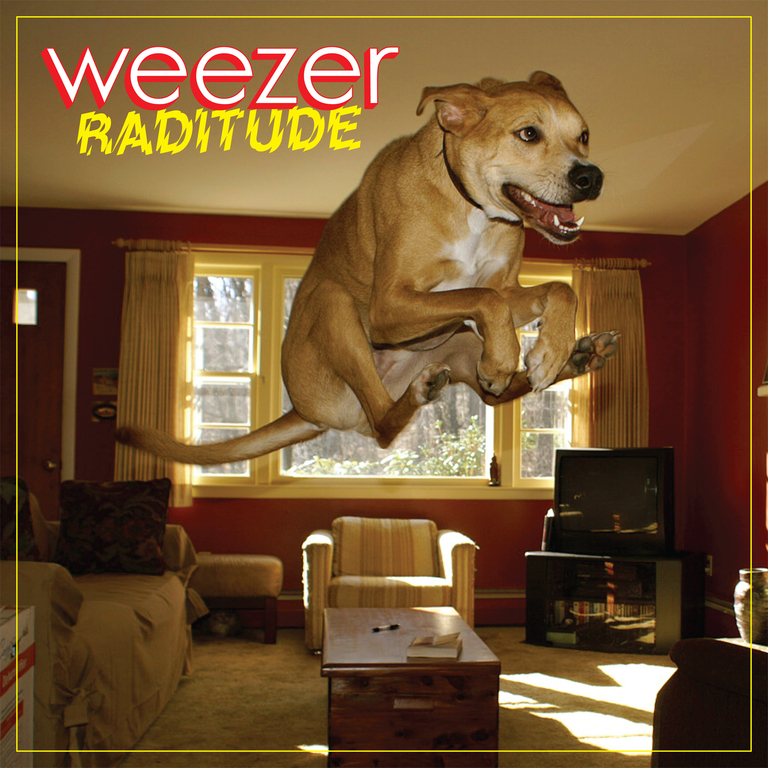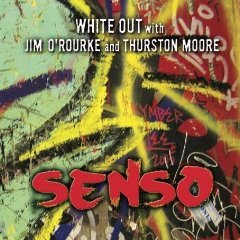[The following is a IMAGINING of the process that may have occurred at an IMAGINARY ad agency that led to Kelpe's 'Quick Broken Harp' to appear on a recent mobile phone advert. So nobody sue, yeah?]
Brand Music Supervisor: So we unbox the Nokia N97 and as it boots we get Kelpe’s track skittering out, all treble-culture ready. In addition we’re going to have the artist’s name on the load screen, y’know, for geek chic, the collector’s touch - because Nokia is bringing you Kelpe, we’re a resource, and the two are collaborators on this project. This is awesome, let us thank Moby the acid test of dance music in ads, that bald-bollocked little astro monk showed us all the way… am I right?
Intern copywriter:…
Brand Music Supervisor: High Five! No, on the penis… That’s it… So kidulthood, tell me things about Kelpe as if your unpaid job depended on it. which it does…
Intern copywriter: Right. For six years now Kelpe, aka Kel McKeown has been carving out a post-IDM niche on DC Recordings, a hip-hop electronica label forged by J Saul Kane aka Depth Charge in the mid Nineties. Kelpe’s early work sat snugly within a Boards of Canada posthole, inching it closer to the dancefloor with a slight Funky sensibility, and at the same time showing nibbling minimalist tendencies a la Riley and Glass, while remaining solidly derivative of the iconic Warp act. 2004’s Sea Inside the Body, with queasy pastoral synths and laconic skewed beatwork, saw him still entrenching with the Warp toolkit. It was with the release of Ex-Aquarium in 2008 that he began to drip away from the set pattern: the use of pulsing sonar phase-reverse guitars, like a submerged Venetian accordionist from the year 2050 covering kosmische psych, and his electronic move away from the polarising 'wash' vs. 'pointillist' oppositions of his take on BOC heralded a more involved and restless approach to the electronica palette. Field recordings lent fizzy bursts of social context, and much of the album flipped off like a BOC remix of The Books. And while not wholly idiosyncratic, as the kind of electronica that might have turned up on John Peel…
Supervisor: John Peel! That’s hilarious. You know who John Peel is now? We are. How do you find out about cool music? You hear it on an advert that you’d give your balls to have just one tiny sliver of your monotonal life to be in. You hear it on a Nokia phone. That’s right, radio is fucked and we’re behind it fucking it. In fact we’re in front of it fucking it, because now people ring up stations and say "Can I Have that Mokia song from the Nokia advert please Mr radio DJ?" And the DJ has to say: "No sorry, I can’t play that because I’m bound by central playlists. For edgy music I suggest you see more adverts and then download the music of the adverts, perhaps from the advert’s site". We’re behind, in front, inside and out, tentacle clusterfucking - we’re the octopus of fuck. Anyway, tell me more about this shellfish guy…
Intern: Erm. Throughout his work Kelpe carried an aquatic mythos, referred to in his PR notes as a ‘manphibian’. The lack-of-connect between the myth and the work screamed gimmick, and in a smart move for his latest album Cambio Wechsel he has ditched the identity-hook and presents himself as a straightforward producer, a category of being he has surely now earned with this dense, interesting and sharp but somehow maladroit record.
In the process he has rid himself of the clamorous textural ambience of field recordings and emphasised the claustrophobia of his sound producing a dense slice of conceptually skittterish IDM electro. The guitars are still present: a meandering folk-solo picks its weary way in between rustling live drums and electro-harmonics on the post-rock Thrill Jockeyish ‘After Gold’, sitar drone synths create Orientalising flashes of gilt thread and languorous poses on ‘Eye Candy Bath’, like sitting under a jasmine tree on an erotic tapestry. But they lose focus to the sinister, punchy, brooding meat of the electronic scape.
A stolid funk is excavated from sparse soundsources on ‘The Blankout Agreement’, robotic, measured. Most impressively big glitch on the hiphoppy ‘Closed Cup Headroom’, like Def Jux run riot, spectral dimensions like obelisks, needles in the red create bludgeoning bass, harsh metallic emphases jockey with a clipped flute sample. ‘Low Frequency Fumble’ makes awkwardly large and dark sub bass manoeuvres and carries the menace of dubstep but with a busy midrange, full of scurf and tinsel, the pastoral mechanics of Geogaddi-era BOC.
The record is prolifically inventive, to the point where, like an insatiably curious robotic puppy, it almost gets lost. ‘Decompression Introduction’ moves on like Arovane, with the elastic bass drops and smooth touches like ISAN, before ‘Blankout Agreement’ lurches into an artificial-lounge passage all jazzy breaks and Quaalude smiles. Handclaps and woodblocks clatter along with chippy melodies for the neo-rave anthemic ‘Microscope Contents’. The album closer ‘Gone Train Dreaming’ could be an Amon Duul session. As much as the album has the feel of someone carefully measuring something, moving in slow and deliberate accretions of data, it is at the same time wilfully and energetically diverse –an experiment where the hypotheses are numerous, contradictory and gibbered excitedly.
Whatever his artistic concerns are, as a minor electronica artist living and working within an economic context of declining sales, it is a practical imperative for him look after his and his label’s commercial concerns, it is not him we should…
Supervisor: Alright, stop the fuck there. If there is one thing to not say in this practice, it’s that artistic and commercial aims are in any way incompatible. False fucking distinction. Christ, do I have to bend you over and perform adverlingus on your tender idiocy every night? We now work in a world of brand transference and artistic synergies - musical artists want their music to reach people, they can do this through packaging their music with our beautiful moving art pieces, sweet ideas and killer motifs, zany worlds full of fluffy cars, social scenes from the realm of forms, clothed by Josh Goot, animated by Kihachir? Kawamoto and directed by Gondry fucking junior. This is all there is. And it’s cool, we are cool because they are cool, our values are in harmony. There is no friction, no resistance. We have sold resistance to eternity, and our context brooks no reality for it. We have reached a point where there is no selling out. The money we used to pay an artist was a compensation for a credibility-hit, now we are a legitimate source, and their track gets a kick in the downloads so hard their scrotum parachutes them down from the stratosphere. Plus they get a multimillion pop promo on top of it when no other bastard is going to pay for that sort of art. Now… rewrite all of that, and everything you’ve ever written, with the assumption that advertising isn’t an issue in contemporary music, are you fine with that?
Intern:…
Supervisor: Good, now suckle my balls. Start with the left one, the leftfield choice. That’s it.. Ahhhhh, look sunset rubdown, there is no underground resistance, no-one’s a hippy, no-one’s a punk, least of all the hippies and punks. Now deliver Kelpe’s refurbished N97, his quite small cheque so he can eat, and then come back to caress my balls. We’ve got more potentially exciting music to appropriate. Kelpe’s just one in a long line, a long fucking line.
-
7Daniel B. Yates's Score























